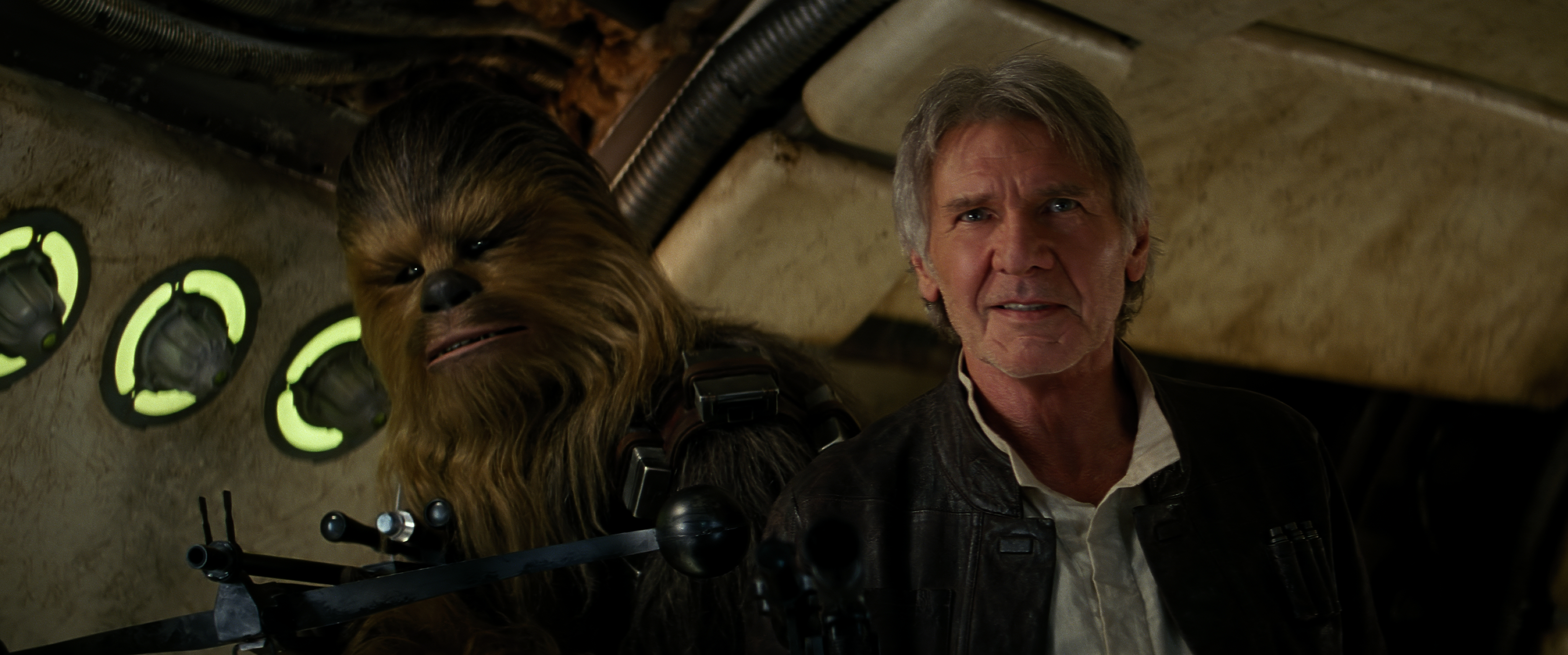Stanford University economist Thomas Sowell writes about something he calls “Stage One Thinking.” The basic idea – one that he typically applies to politicians and government bureaucrats – is that most people go about their daily lives only interested in dealing with the immediate problem and easiest solution confronting them. Future and correlating repercussions are rarely considered.
The theory is most relevant today, particularly as it concerns the popular culture we consume — and share with our children.
The newest installment in the “Star Wars” franchise – “Episode VII: The Force Awakens” – carries on the popular (if relatively modern) tradition of building into the narrative a number of robot and hybrid mammalian characters that are given sentient, human-like characteristics. From C-3PO and R2D2 to Chewbacca and Jabba the Hutt, these pieces of man-made technology and sub-human creatures express emotions of their own and elicit intense emotional responses from viewers – especially young viewers.
[lz_ndn video= 30087454]
Undoubtedly, Star Wars audiences would be just as sad if one of the robots “died” (aka: permanently powered down) than if a human character passed away. Chewbacca, who is a lovable mixture of “man’s best friend” and brave pirate smuggler slash warrior, never speaks a discernible human word, but for all intents and purposes, he is as endearing and valuable as any of the human characters.

Sure, we love these characters, but it begs the question: Are we damaging our sensibilities by assigning human value to animate objects and non-human, hybrid creatures?
Best-selling author and nationally syndicated radio show host Dennis Prager often poses thought-provoking moral questions to his audience, and he’s touched on a similar quandary by asking: If both a human stranger and your family dog were drowning, and you knew that you only had time to save one, whom would you dive in after?
According to Prager, after more than thirty years of asking the question to Americans of all ages, well over half of respondents indicate that they would save their family dog instead of the stranger.
A revised version of this question might include the option to save your smartphone in the event it wasn’t backed up. Dog? Stranger? Or the phone that has all of your contacts and precious photos and texts, which you may never see again? To which of these are you willing to bid farewell — forever? Be honest.
Sadly, most of us wouldn’t be surprised to hear respondents pause before answering.

Such a response might have been unimaginable to Americans living a century ago.
It’s quite befuddling, in fact, to think we have a collective impulse to weep when R2D2 powers down, and at the same time, we seem reticent to acknowledge an ultrasound before aborting a human baby.
[lz_ndn video= 30041744]
People seem to be just as worked up about the inclusion of Jar-Jar Binks in the Star Wars prequels as they do about mass terror shootings. What gives?
Human life is not only precious and unique; it is mysterious because it is not man-made. This fact does not mean that we cannot love our family dog or connect on an emotional level with animate objects and creatures in a blockbuster movie. But we should be able to discern the difference when confronted with a moral dilemma.
When we blindly partake in films that assign human value to animate objects and hybrid creatures, we have to be cognizant of the effect these films have on the development of our children’s outlooks.
In a world increasingly obsessed with technology and blockbuster fodder, we must be willing to confront the uncomfortable moral dilemmas that result.
Join the Discussion
Comments are currently closed.